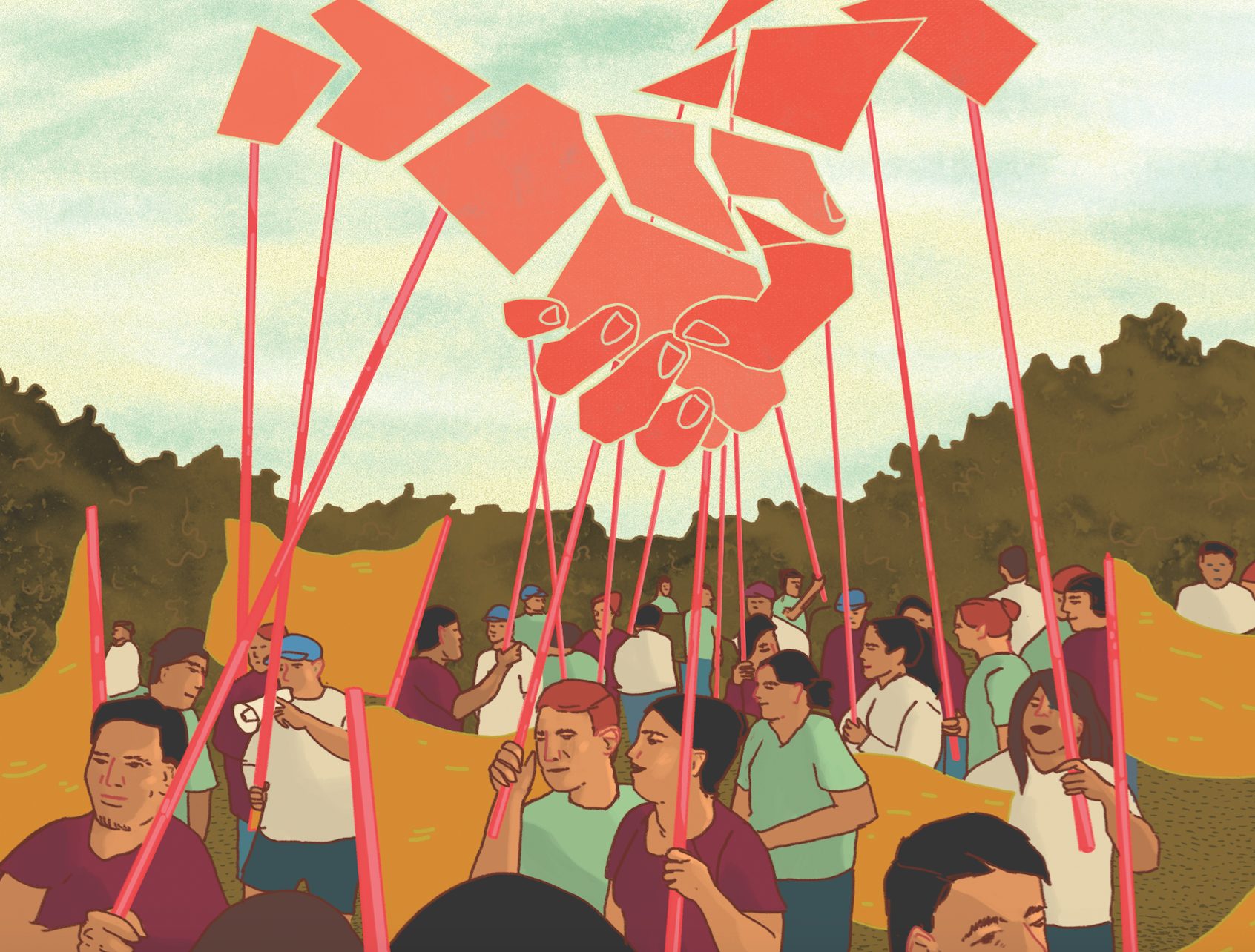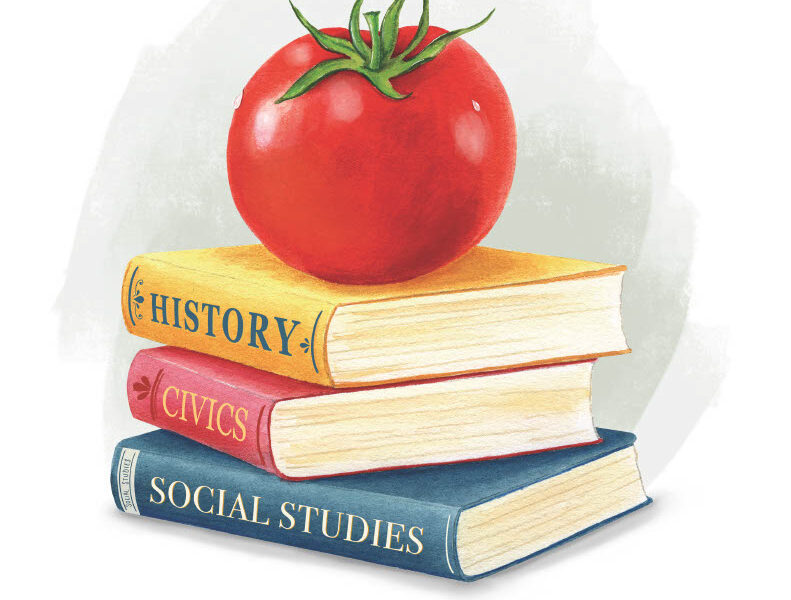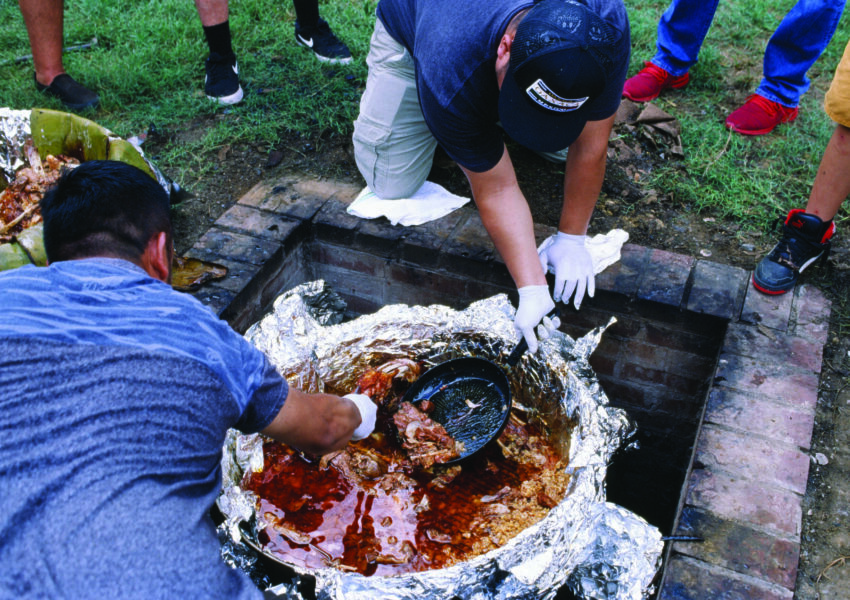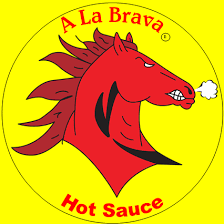Harvest of Hope MacArthur Fellow Greg Asbed and the ongoing fight in the fields
By Gustavo Arellano
Every fall, when MacArthur Fellowship recipients are announced—the much-lauded “genius grants”—I quickly skim the names to see if I know any honorees. Three of my friends and mentors have won in the past. What can I say? I like to surround myself with brilliant folks, and I expect the MacArthur committee to eventually discover them.
![]()
The latest group of recipients included a welcome shocker: Greg Asbed of the Coalition of the South Florida-based Coalition of Immokalee Workers (CIW). The MacArthur Foundation recognized his work on behalf of one of the best organizations I’ve had the honor of covering, a worker-led group that has fought to improve the lives of farm workers in the Sunshine State’s tomato fields for over twenty-five years.
It’s a victory for food justice in the United States, but especially for the South, because it’s the region that helped shape the CIW and Asbed. The CIW’s response to the South’s unique circumstances offers a way forward to the marginalized links in our nation’s food chain.
“It’s a huge honor,” he says of the MacArthur award. “It’s a recognition not of any individual thing I did, but of the communal thing we’ve done for twenty-five years.”

I wasn’t there when Asbed found out he won, but I’m sure the look on his face was the same bewildered grin he flashed when we saw each other at opening night of the Southern Foodways Fall Symposium in 2012. We hadn’t hung out in about a decade, not since he and the CIW brought a Taco Bell boycott campaign to my homeland of Orange County, California.
Back then, the CIW demanded that the fast-food chain pay a penny more per pound for the tomatoes it bought from Florida growers; doing so, they argued, could double the pay of pickers. Asbed and friends rented a flatbed trailer and parked it in front of Taco Bell’s headquarters for a rally and a concert with Rage Against the Machine lead guitarist Tom Morello. That campaign succeeded, and inspired a generation of Orange County college students—including myself—to become activists.
Asbed and I kept in touch over the years, and I was always thrilled to see the CIW make national headlines for its good work. It’s truly a remarkable organization that teaches something downright revolutionary to the lowest-paid workers in the United States: Refuse to remain on the margins. Work to become part of your community on a higher sociopolitical level. Create an entirely new socioeconomic structure where everyone participates.

At the 2012 Symposium kickoff, neither Asbed nor I knew what to make of our presence there. I had been invited to give a presentation, but all we saw before us was a roomful of people drinking and laughing the night away. There we were, two radicals, feeling out of place amid the merriment.
“What are we doing at a party?” Asbed asked with a laugh, as I nodded in agreement. It wouldn’t be until the following night that Asbed realized the magnitude of the SFA’s John Egerton Prize, which he would accept on behalf of the CIW. The award recognizes people who confront issues of race, class, gender, and social and environmental justice, through foodways. “I found out about it on the bus trip to the catfish place,” he recently told me over the phone, referring to the Symposium’s annual pilgrimage to Taylor Grocery. “That’s when everything finally made sense.”
Asbed has always carried exploited immigrants in his heart. His grandmother was the only member of her family to survive the Armenian Genocide; as for his father, Asbed once told a magazine, “There’s no word for the type of poverty he was born into.” The Maryland native took that family history with him to Brown University, where he studied neuroscience and met his future wife, Laura Germino, who continues to organize for the CIW. The two got involved in human rights campaigns in the mid-1980s, which led to Asbed working in what he refers to as part of the “Global South”: Haiti. There, he learned Haitian Creole and, more importantly, the political training that has influenced him since.
“It put me in a place where I was able to learn from an incredible worker’s movement,” he said. “About how to work with poor communities and resources with no power to make real change in people’s lives on a daily basis.”
If it can happen in Immokalee, in the South, it can happen everywhere.
He returned to the United States in the early 1990s and eventually ended up in Immokalee. There, Haitian activists he had worked alongside picked tomatoes in their new lives as refugees. Also in the fields were Central Americans and Mexicans who brought their own legacies of resistance. But they couldn’t implement these methods on a widespread scale due to language barriers, which growers used to divide immigrants. Mayordomos pitted group against group, and the lack of a lingua franca led to factions instead of unity.

These farm workers toiled in an industry, in a region, whose brutality and exploitation hadn’t changed much since legendary newsman Edward R. Murrow exposed what he called “the sweatshops of the soil” in the 1960 documentary Harvest of Shame. “The violence in every form—beatings by bosses, men against women, systemic labor, forced violence—hung in the air,” Asbed remembered. “But it was a fortuitous confluence of people with all kinds of experience we found. And the spark that allowed that to come together was in Immokalee.”
One incident in those early days sticks out for Asbed: what he jokes was his formal introduction to the American South. In 1993, the CIW launched their first strike, and an editorial cartoon in a local newspaper labeled them “outside agitators” who didn’t know how things were supposed to run in town.
“It was fairly predictable,” Asbed now says. “They weren’t content with the ways of before. But if you actually wanted to do something, it had to be driven by the community.”
The CIW has been an avalanche of people power since. The bottom-up organization advocates for about 35,000 farmworkers. It negotiated fair-labor agreements similar to the Taco Bell deal with corporations from McDonald’s to Walmart that have slowly improved the lives of farmworkers. Marginalized people now have a permanent and central place at the table.
Asbed credits their success to geography. “If fundamental transformational change can happen in a place like Immokalee, then it can happen anywhere in the South,” he maintains. “A poor and disempowered Southern town beat some of the biggest companies in food and harnessed that power into this new system that gives workers dignity.”
Now fifty-four, Asbed plans to use the MacArthur award’s $625,000 no-strings-attached grant to implement the CIW’s approach on a national scale. “We need to focus on expanding the solution,” he told me. They plan to challenge even more unfair corporate policies and continue to host activists from across the country in Immokalee, to see everything upfront.
“It’s time for resources to stop going to things that don’t work and put them into things that do. We need to take social work as serious as we do science. That’s how you progress.”
And if it can happen in Immokalee, in the South, it can happen everywhere.
Gustavo Arellano has covered food issues, general injustices, and perpetual merriment for the past fifteen years from southern California.




